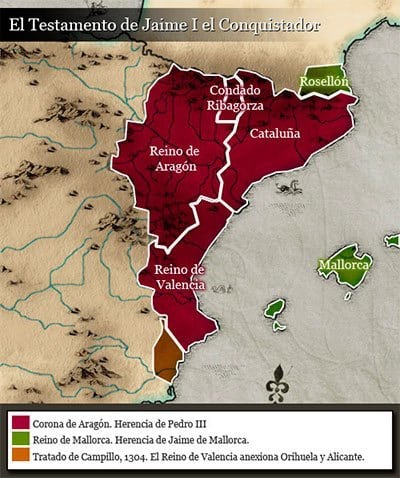Hemos recibido una reveladora encuesta realizada en Cuba, en la que se ha consultado a 1715 personas en toda la Isla, como el primero de los "Cinco Pasos a la Transición Cubana", una estrategia que promueve Ágora de Cuba, una organización de cubanos amantes de la democracia que aspira a una transición pacífica hacia un sistema de participación efectiva de los cubanos en la forja de sus destinos. Los resultados de la encuesta son parciales porque el proyecto todavía está en marcha y aspira a recabar las opiniones de un número mucho mayor de participantes. ‘Cinco Pasos’ arrancó en el seno de la organización Acción Cívica Cubana con la colaboración de cincuenta activistas. Bajo una metodología de “tanteo y error”, se aplica en las quince provincias del país. El objetivo del proyecto consiste en consultar la voluntad del soberano (el pueblo) y movilizarlo si su voluntad es pedir un cambio de régimen. Precisamente en el momento actual en que el gobierno cubano está impulsando una reforma constitucional, sería la oportunidad idónea para promover la participación activa del pueblo, con una amplia divulgación y debate nacional que brinde la debida legitimidad a esa reforma. Sin la participación activa del pueblo con una amplia transparencia de métodos, esta reforma no lo será. 
Estudio de Opinión
El 4 de marzo de 2015, varios cubanos de la isla decidimos organizar un grupo de trabajo para tratar de conocer la opinión del pueblo sobre algunos temas de interés nacional e internacional. Es importante subrayar que no recibimos indicaciones ni apoyo material, financiero, ni de ninguna otra índole, de entidad ni grupo de interés alguno, funcionando de manera autónoma y voluntaria.
Los resultados del presente Estudio de opinión figuran a continuación. La participación ha sido totalmente voluntaria, con la debida identificación del participante, que marcó con una X en la casilla de su elección a las preguntas formuladas, y O si no desea opinar sobre algún tema en particular.
Las pregunta y las respuestas respectivas son las siguientes:
SÍ NO Abstención
1-¿El salario (pensión o jubilación) que Usted devenga le alcanza para satisfacer sus necesidades básicas?
3 870 844
2-¿Debe continuar el reclutamiento obligatorio al Servicio Militar Activo?
78 1615 24
3-¿Deben continuar vigentes los artículos del Código Penal que aplican la Peligrosidad Predelictiva?
36 1667 14
4-¿Está a favor del restablecimiento de relaciones entre Cuba y EU?
1083 566 68
- Hits: 7388


 population.Within what can be described as an unfinished civil war, socio-economic dynamics remain embedded in conflicts over sovereignty.
population.Within what can be described as an unfinished civil war, socio-economic dynamics remain embedded in conflicts over sovereignty. highly relevant in the evolution from absolutism to democracy and its eventual struggle against totalitarianism. Alexis de Tocqueville in the 19th Century and Jacques Maritain in the 20th Century, through Leo XIII from the Holy See and the resulting Church Social Doctrine are notable exponents of the relevance of Christian teachings
highly relevant in the evolution from absolutism to democracy and its eventual struggle against totalitarianism. Alexis de Tocqueville in the 19th Century and Jacques Maritain in the 20th Century, through Leo XIII from the Holy See and the resulting Church Social Doctrine are notable exponents of the relevance of Christian teachings  (...)
(...)